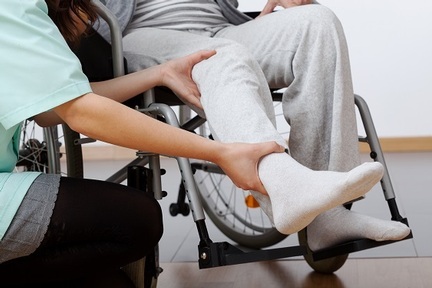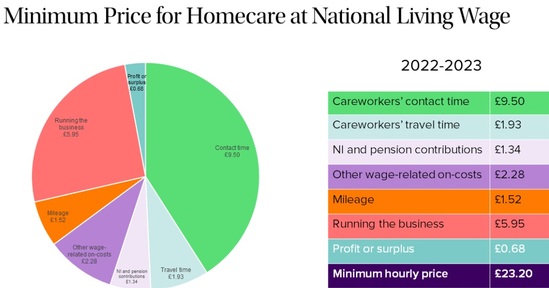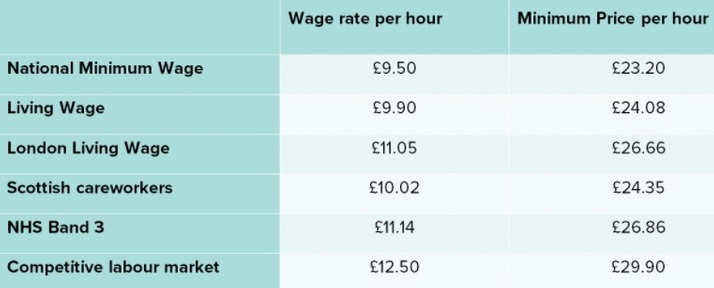Councils should pay a 'fair price' for home care to help NHS in pandemic
Councils should pay the Homecare Association's 'Minimum Price for Homecare' of £23.20 per hour from next April, warns its chief executive, to ensure they pay a “fair price for care” and support the NHS battling Covid.
 With rising cases of Omicron across the country, Dr Jane Townson, the chief executive of the Homecare Association, representing home care providers, has said local authorities must “take pressure off the NHS” and “recognise the true costs of homecare” by paying fee rates of between £23.20 and £29.90 per hour for 2022/23.
With rising cases of Omicron across the country, Dr Jane Townson, the chief executive of the Homecare Association, representing home care providers, has said local authorities must “take pressure off the NHS” and “recognise the true costs of homecare” by paying fee rates of between £23.20 and £29.90 per hour for 2022/23.
By paying “a fair price for care”, councils would then enable care workers to receive wages equivalent to Band 3 healthcare assistants in the NHS with 2+ years’ experience (£11.14 per hour).
The association's leader argues that currently some councils are paying fee rates that do not even cover care workers’ wages plus employment on-costs.
The association, which has over 2,340 members, is calling for councils to fund higher rates from next April, when the UK’s statutory National Minimum Wage and National Living Wage rises.

“It should be unlawful for public organisations to commission and purchase home care at fee rates that do not enable compliance with employment or care regulations", said Dr Jane Townson.
“Squeezing fee rates over many years has led to poor pay, terms and conditions for care workers.
"At the same time that demand for home care is rising, we are experiencing the worst shortage of care workers in living memory."
“Care workers are leaving in droves…” to jobs with “...much higher wages and do not require vaccination as a condition of deployment”.
Dr Townson has called for greater investment in home care to “take pressure off the NHS and reduce costs for the health and care system.”

The Homecare Association wants the government to give ‘adequate financial support’ for local authorities to enable them to pay a fair price for care.
“Whilst funding announcements made to date are welcome, the amounts allocated fall far short of requirements. Government is providing £1.8 billion extra per year for three years, when we need an estimated £14 billion extra per year to meet future demand, improve access to care and pay more for care.”
Latest News
 29-Jul-24
Dementia Bus gives carehome.co.uk staff insight into life with dementia
29-Jul-24
Dementia Bus gives carehome.co.uk staff insight into life with dementia
 27-Jul-23
UK's top home care agencies in 2023 revealed
27-Jul-23
UK's top home care agencies in 2023 revealed
 30-Nov-22
A quarter of older people keep their falls secret from family
30-Nov-22
A quarter of older people keep their falls secret from family
 29-Nov-22
'Covid-19 has not gone away' say terminally ill
29-Nov-22
'Covid-19 has not gone away' say terminally ill
 28-Nov-22
IT consultant who received poor care opens 'compassionate' home care business
28-Nov-22
IT consultant who received poor care opens 'compassionate' home care business